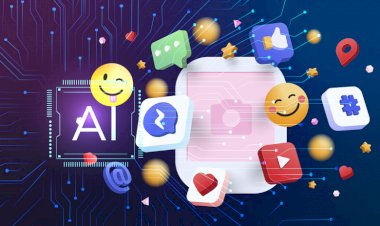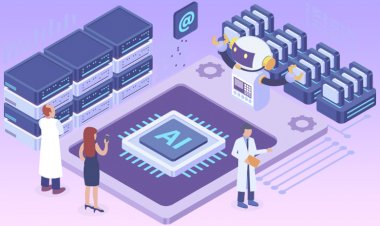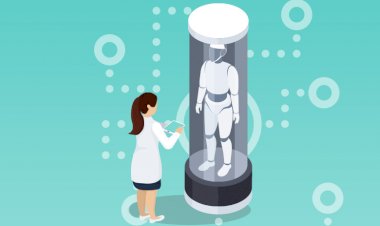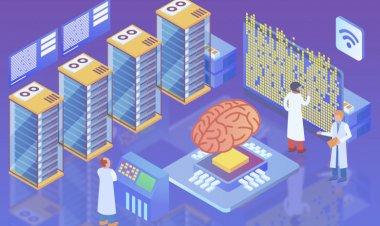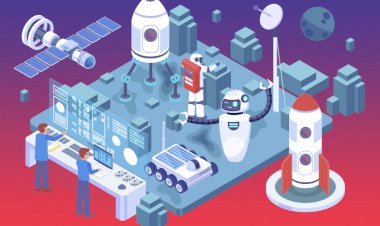Advantages that Artificial Intelligence Can Have for Mental Health
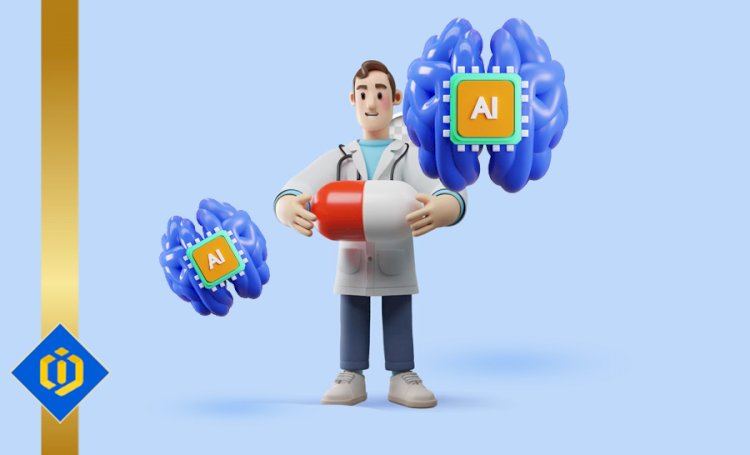
Millions of people worldwide suffer from mental illness and related disorders, making mental health a crucial issue for society today. Even though therapy and treatment have advanced, many people still have a difficult time getting the mental healthcare they need because of things like cost, stigma, and a lack of resources. Artificial intelligence (AI) has recently shown promise as a tool for enhancing mental healthcare by introducing fresh methods for prevention, detection, and treatment. The use of AI in mental health is not without its difficulties and ethical issues, though, and these must be carefully considered and resolved.
The ability of AI to analyze massive amounts of data and spot patterns and trends that may be challenging for humans to spot is one of the major advantages of the technology for mental health. AI algorithms, for instance, can examine nonverbal cues like speech patterns, facial expressions, and body language to spot possible signs of mental illness. The identification of those who may be at risk for mental health problems and the provision of early interventions and preventative measures can help with this.
The potential for individualized therapy and treatment is another advantage of AI in the field of mental health. AI algorithms can create individualized treatment plans and interventions that are catered to the specific needs and preferences of each patient by examining patient data and behavioral patterns. As a result, treatment outcomes may be more effective and efficient, and the workload for mental health professionals may also be lessened.
However, using AI in mental health also comes with difficulties and moral dilemmas. One issue is the potential for bias and discrimination in AI algorithms, which could reinforce or magnify already-existing inequalities and biases in mental healthcare. An AI algorithm might produce inaccurate or unfair results, for instance, if it is trained on data that is biased against particular groups.
The need to strike a balance between the application of AI and the requirement for human empathy and connection in the field of mental healthcare is another issue. The value of interpersonal connections and empathy in the healing process cannot be replaced by artificial intelligence (AI), even though it can offer new tools and techniques for screening and treatment. It is crucial to make sure that moral and humane principles that put patients' welfare and dignity first are used to guide the use of AI in mental healthcare.
The development and implementation of AI in mental healthcare must be approached collaboratively and across disciplines in order to allay these worries. Engaging stakeholders from various backgrounds and viewpoints, such as mental health specialists, patients, and ethicists, is a part of this. It also calls for a dedication to openness, responsibility, and the use of moral principles as a framework for decision-making throughout the AI development process.
In conclusion, artificial intelligence (AI) has the potential to revolutionize mental healthcare by bringing fresh methods and instruments for assessment, diagnosis, and treatment. While there are difficulties and ethical issues with the use of AI in mental healthcare, these can be resolved through a collaborative and multidisciplinary approach that puts the comfort and dignity of patients first. We can build a more efficient and fair mental healthcare system that benefits individuals, families, and society at large by cooperating.
by Pooyan Ghamari, Swiss economist and expert in artificial intelligence and high technology

 content-team
content-team 


